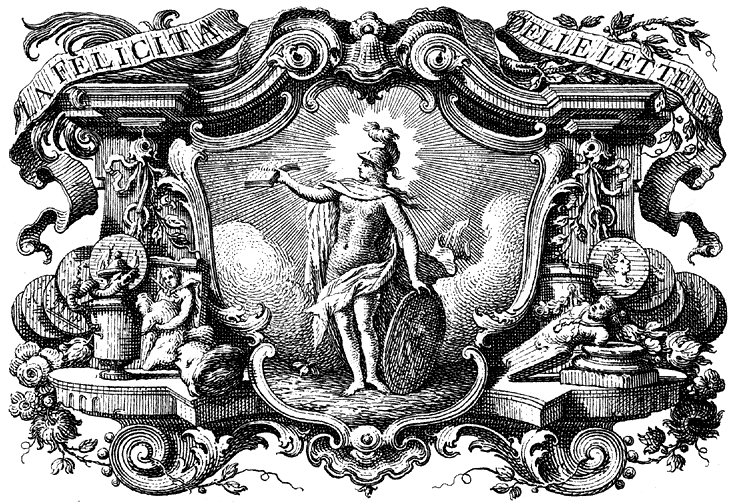Play in the Eighteenth Century – The Eighteenth Century in Play
Bloomington, Indiana University, 9-10 maggio 2012
Workshop
Call for papers entro il 13 febbraio 2012
Info: http://www.indiana.edu/~voltaire/index.html and our Facebook page, “The Center for Eighteenth-Century Studies at Indiana University,” or contact the Acting Director of the Center, Rebecca L. Spang, Department of History, Indiana University, Bloomington, IN 47405, e-mai:l rlspang@indiana.edu.
Presentazione
The Center for Eighteenth-Century Studies at Indiana University is pleased to announce the eleventh Bloomington Eighteenth-Century Workshop, to be held on May 9-11, 2012. The workshop is part of a series of annual interdisciplinary events that has been running since 2002, with a dozen or so scholars presenting and discussing papers on a broad topic in a congenial setting.
Our subject for 2012 is “Play.” From the aesthetics of Schiller to the card tables of socialites; from Pascal’s wager to Emile’s childhood (“which is or ought to be only games and frolicsome play”) – the long eighteenth century was a century of play. Dismayed at all this non-utilitarian behavior, Jeremy Bentham coined the phrase “deep play” to describe entirely irrational gambling, the making of bets that could reduce players “to indigence” in an instant. Writing in the twentieth century, Johan Huizinga still saw a “play-quality” penetrating all aspects of the era: “statecraft had never been so avowedly a game as in that age of secret cabals and intrigues.” Play, in other words, can look like pretty serious stuff in an eighteenth-century context.
What can eighteenth-century developments tell us about the objects, forms, and occasions of play? Clifford Geertz applied Bentham’s words to the cock fights of Bali; Robert Darnton transposed that analysis to cat killing in eighteenth-century Paris: in both cases, the authors argued that grappling with such “opaque” activities allowed one to “grasp a foreign system of meaning in order to unravel it” (Darnton). But must all analyses of play culminate with the discovery of cultural work? What happens when we juxtapose different forms of play and different sets of players? Would we want to say that narrative or poetic fictions constitute kinds of play, or forms of absorption homologous to playing? Do the revolutionary dramas in the American colonies, France, or Haiti represent the fulfillment or the destruction of the notion that politics is a performance?
We invite papers that range across aesthetic, anthropological, historical, and philosophical registers, and that offer new ways to see the relation between these fields and disciplines. Possible topics include: games, toys, puppets, contests, riddles, and puzzles; play and the theory of fictions; making and breaking rules; theatricalization and mimesis as aesthetic, behavioral, and political tactic; the psychologization of play; the policing of the border between action and enactment, the “real” and the “make-believe,” play and non-play; transcultural impacts on conceptions of culture as a kind of play, game, or performance.
The workshop format will consist of focused discussion of four to six papers a day, amid socializing and refreshment. It draws both on the wide community of eighteenth-century scholars and on those working in this field at Indiana University-Bloomington. The workshop will cover most expenses for those scholars chosen to present their work: accommodations, travel (up to a certain limit), and most meals.
We are asking for applications to be sent to us by Friday, January 13, 2012. The application should consist of a description of the proposed paper (1-2 pages) as well as a current brief CV (no more than 3 pages). Papers will be selected by an interdisciplinary committee. Please e-mail or send your application to Dr. Barbara Truesdell, Weatherly Hall North, Room 122, 400 North Sunrise Drive, Bloomington, IN 47405; 812-855-2856, voltaire@indiana.edu. All submissions will be acknowledged by e-mail within a fortnight: if you have not received an acknowledgment two weeks after sending your proposal, please contact Barbara Truesdell or Rebecca L. Spang (rlspang@indiana.edu).
